“There is only one ambition of my life, and that is to totally remain immersed in music,” said Sharan Rani Backliwal ((9 April 1929 – 8 April 2008), the first woman to take up the difficult musical instrument – Sarod, which was always known as a ‘man’s instrument’.
One of the foremost international master musicians of the 20th century, Sharan Rani is popularly referred to as `Sarod Rani’ or the Queen of Sarod.
More than a Musician Sharan Rani became a pioneer and a path maker, a revolutionary who paved the way for women in the Hindustani instrumental music industry, by setting an example of her life.
In an exclusive interview with Prasar Bharati, the daughter of Sharan Rani, Radhika Bakliwal Narain, talks about the journey that led to her mother becoming “Sarod Rani”.
Early Life of Sharan Rani
Born in old Delhi in 1929 into a Hindu family of renowned businessmen and educationists, Sharan Rani had no musical background whatsoever. The country at that time had no woman instrumentalist of Hindustani classical music at the concert stage.
Getting support from family for an art that was not yet open to women, Backliwal began her musical career amidst immense familial opposition. Music, during this period in Indian history, was a monopoly of male-dominated Gharanas of music and ‘Baijis’.
“My mother used to say मुश्किलें मुझ पर पड़ी इतनी कि आसाँ हो गयीं ( I was so habituated of sorrows that sorrows disappeared)” tells Radhika Narain talking about how Sharan Rani broke a centuries-old glass ceiling.
She went to Calcutta and in spite of all the obstructions, she eventually became a resident disciple of her gurus ‘Baba’ Ustad Allauddin Khan in Maihar and Sarod wizard, Ustad Ali Akbar Khan.
Later on, she also learned the Kathak and Manipuri classical Indian dance forms, from Achhan Maharaj and Nabha Kumar Sinha respectively.
The Becoming of Sarod Rani, home to the world
Sharan Rani dived deep into classical music in the 1930s by presenting her sarod recitals on the concert stage in India for over seven decades.
When she herself became a teacher, Backliwal taught music through the Guru–shishya tradition and maintained her learning of classical music in India’s traditional ways. She received some of the most honourable awards of the country, including the Padma Bhushan, Padma Shri (1968) central Sangeet Natak Academi Award, Delhi state’s Sahitya Kala Parishad Award, National Artiste award from the Govt. of India, to name a few.
Sharan Rani became an international musical master, one of the first to record for UNESCO and to release musical recordings with major record companies in the United States, Britain and France.
The Cultural Ambassador of India: A Preserver, Contributor
Called the “Cultural Ambassador of India” by Pt. Jawaharlal Nehru she was not just a musician, but a protector of classical music traditions.
Sarod Rani devoted her life to collecting and selflessly donating old and rare musical instruments leading her path to become a famed writer, research scholar, Guru and maestro composer.
She donated nearly 450 old, rare Hindustani and Carnatic music instruments between 1980 and 2002, dating to the 15th-19th century, from her monumental personal collection to the National Museum, New Delhi.
Her love for Sarod is scripted in a book she authored, ‘The Divine Sarod’, which details the origin, antiquity and development of the Sarod since the 2nd cent. B.C.
Released in 1992 by K.R. Narayanan, the then Vice President of India, this is the first-ever book to be written on the origin and development of the Sarod.
“She used to say, Music is truly the breath of her life,” remembers Radhika Narain fondly recalling her mother’s words – The day I cannot play, I don’t want to live.
For the art never dies, Sarod Rani still lives in the memories as a ‘Thinking, Revolutionary Artist’, who greatly contributed to India’s rich musical and cultural heritage in exceptional ways.

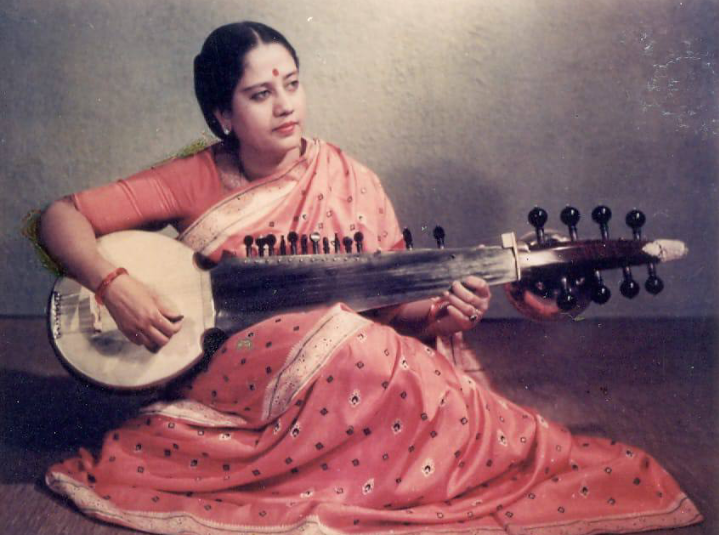


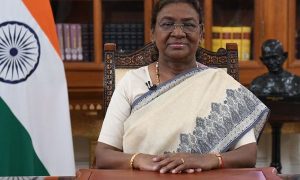





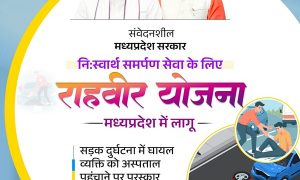







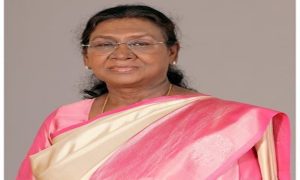

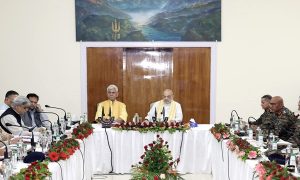

 WhatsApp us
WhatsApp us